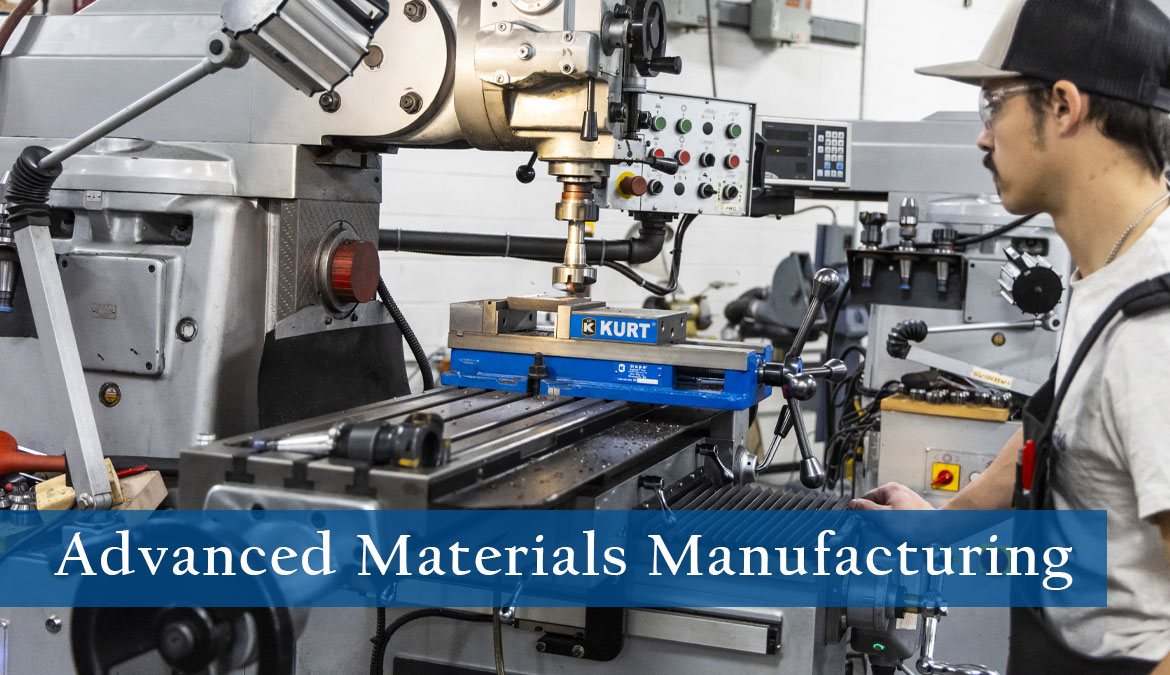
The Advanced Materials Manufacturing Program at Sheridan College will train students with the latest manufacturing technologies. This program will teach students how to apply basic engineering principles and technical skills to the identification and resolution of production problems in the manufacture of different products.
With classroom discussion and hands-on experiences, students in the program sharpen their skills in machine operations, production line operations, engineering analysis, systems analysis, instrumentation, physical controls, automation, computer-aided manufacturing (CAM), manufacturing planning, quality control, materials and processes, and informational infrastructure.
Why Sheridan College?
- Sheridan College offers a new state-of-the-art Technical Education Center.
- The program has a flexible course schedule and numerous elective options.
- Many students earn degrees in Industrial Technology and related programs like Machine Tool Technology and Diesel Technology at the same time.
Note: Students will be required to complete 63 credit hours to earn this Associate of Applied Science degree.
Industry Outlook
The U.S. Bureau of Labor Statistics indicates that the employment of manufacturing technicians is projected to grow 14 percent from 2020 to 2030.
Faculty and Community
Sheridan College’s outstanding, award-winning faculty members are dedicated to your success in our Career and Technical Education programs. Faculty members will make sure you have the knowledge to enter the workforce and the skills to succeed.
Sheridan College has a longstanding commitment to excellence in technical education. We have had faculty members earn National Technical Teacher of the Year and students win the National Outstanding Technical Student of the Year from the American Technical Education Association.
Our expert faculty members will guide you through hands-on courses and help you achieve your academic and professional goals.
Program Outcomes:
- Comprehend and solve basic technical mathematical problems.
- Understand and work with entry level technical and mechanical systems.
- Perform work using basic computer skills.
- Meet industry requirements for safety and first aid.
- Gain an understanding of composites and common materials used in industry.
- Learn basic hand skills for the layup of composite materials using fiberglass, carbon fiber, epoxy and polyester resin.
- Understand the role of automation, robotics, and material selections in manufacturing and assembly operations.
- Design for producing and manufacturing ease.



